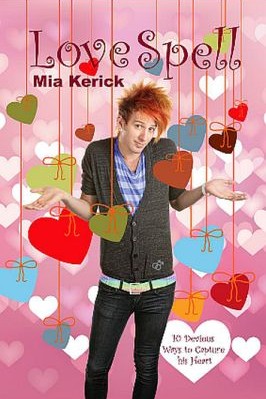
by Mia Kerick
Insiders can read a full interview with Mia Kerick on how to write young adult LGBTQ fiction in the June issue of Children’s Book Insider, The Newsletter for Children’s Writers. If you’re not an Insider yet, click here to join and read this informative interview, and much more!×
When I was a teenager I wanted to read books about kids like me. Not so much someone like me who lived the exact same tedious, daily life as I did—who crawled out of bed, went to school, rushed to soccer practice, returned home, slaved over homework, and hit the sack—but someone who experienced an adventure of some sort. I yearned for the chance to undergo a spontaneous, eye-opening journey through the mindset of a person who very easily could have been me.
LGBTQ kids do not have an equal opportunity to find themselves in books because the books on the shelves at the library and the local bookstore, and even in online shops, do not feature characters that are sufficiently diverse. This unfortunate situation is discouraging to kids in our society who are most in need of models to provide them with hope. LGBTQ teenagers are people who need reasons for optimism and sources of inspiration in their literature. Studies show that they are far more likely to succumb to their desperation, experiencing depression or even attempting suicide, in the face of the profound bullying and feelings of isolation that are par for the course in their lives because they deviate from societal expectations in terms of sexual orientation or gender identity.
But to get teenagers to read books is a challenge in itself. In order to engage them, a story needs to be riveting, at times humorous, or at a minimum, clever, and most of all relevant. It needs to be a page-turner told in the unique voice of a youthful character you can’t forget. And if you as a writer venture to inject a message of some sort, it must be almost imperceptible to the teenage mind.
Okay, let’s travel back to the eighties when I was sixteen, and peek beneath my high hair into my mind as I peruse the wall-to-wall bookshelves in my next-door neighbor’s living room, which was my major source of reading material. And if you look hard enough, you’ll see that there is one topic, and one topic only, I am seeking; like many other sixteen-year-old girls I want romance. Unfortunately, in the 1980’s, there were very few books for teens that contained the teenage romances I desired (and there were absolutely none in the elderly Mrs. Seavey’s living room). But I could easily find women who felt feminine right down to their toes who fell in love with men who felt as masculine as the day was long. And even if these romance novels were geared toward adults, I found myself in these books.
Romance, defined as the feeling of mystery and excitement associated with love, is for many a necessary ingredient to achieve satisfaction in reading. In romantic love relationships, many people find healing and empowerment. I see the prospect of love as a vision of hope, and I think that all teenagers are entitled to that particular joy in their reading experience if they want it. Again, I direct your attention to LGBTQ kids who have such limited choices in this area.
As a result of my personal experience and my true desire to provide all kids with the experience of seeing the reflections of what is in their heart in the hearts of the characters in their books, I set about my goal of creating works of fiction centering on LGBTQ characters who encounter and deal with relevant societal issues and survive them with the supportive assistance of a person with whom they fall in love.
In my award-winning novel, The Red Sheet, published by Harmony Ink Press, I tell a devastating story of bullying, from the bully’s perspective. To accomplish this in a manner that creates a degree of affinity for such an unlikely protagonist and narrator, main character Bryan Dennison experiences a miraculous transformation the night before the start of the novel as he sleeps, leaving him very strangely feeling like Superman, fighting an urge to tie his red bed sheet around his neck like a cape, and play the role of the superhero. As the story proceeds, the reader discovers that only the bully, through acts of kindness and selflessness, can help the victim of his bullying to trust again, which leads to an improbable romance between the two boys.
In my newest release, Love Spell, published by CoolDudes Publishing’s YA branch YoungDudes Publishing, the narrator, Chance César, is a gender fluid teenage boy who has spent his entire life futilely struggling in his search to find a label for his gender identity. The adventure he, along with his faithful best friend Emily, embarks on centers around a boy they refer to as The Target, a list of ten scientifically proven ways to make a man fall in love with you they refer to as The Plan, and a love spell or two. Through the pair’s fast-paced and comical adventures to induce Jasper Donahue to fall in love with Chance, the two young people learn a great deal about the nature of love as well as friendship.
All YA readers deserve to find themselves in novels, if they so choose.
LGBTQ YA readers need to see kids like themselves in stories, with problems like their own, who are embarking on unique and entertaining journeys of self-discovery. And if it is romance they want, it is romance they should get in the novels they select.
Love Spell releases June 1, 2015. Visit Mia Kerick’s website to find out about her other LGBTQ books for adults and young adults.
Tags: LGBTQ, YA romance
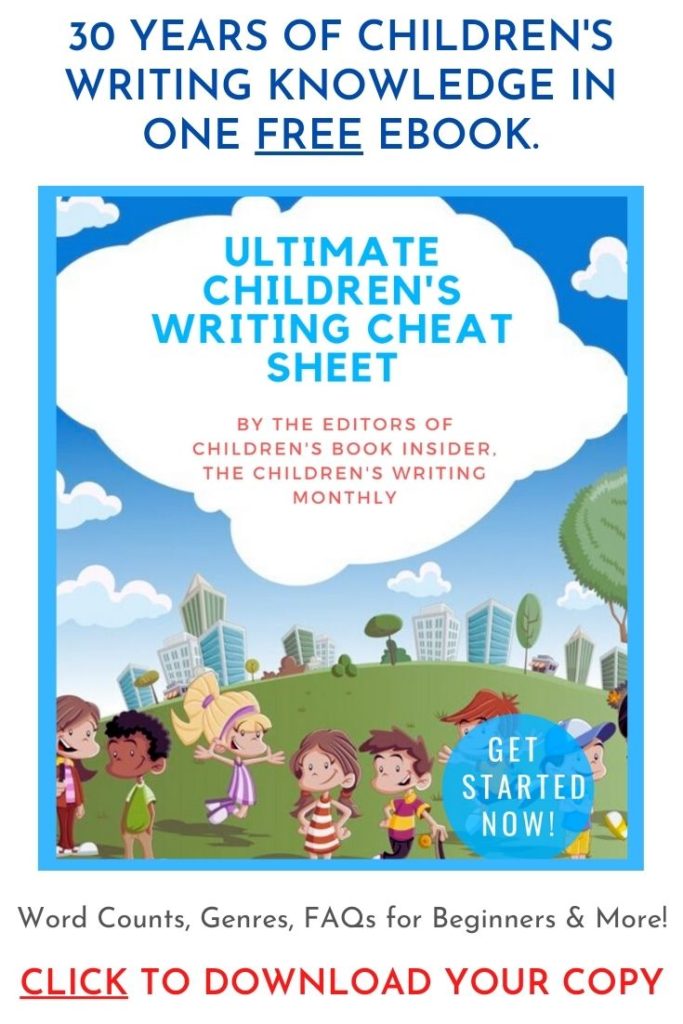
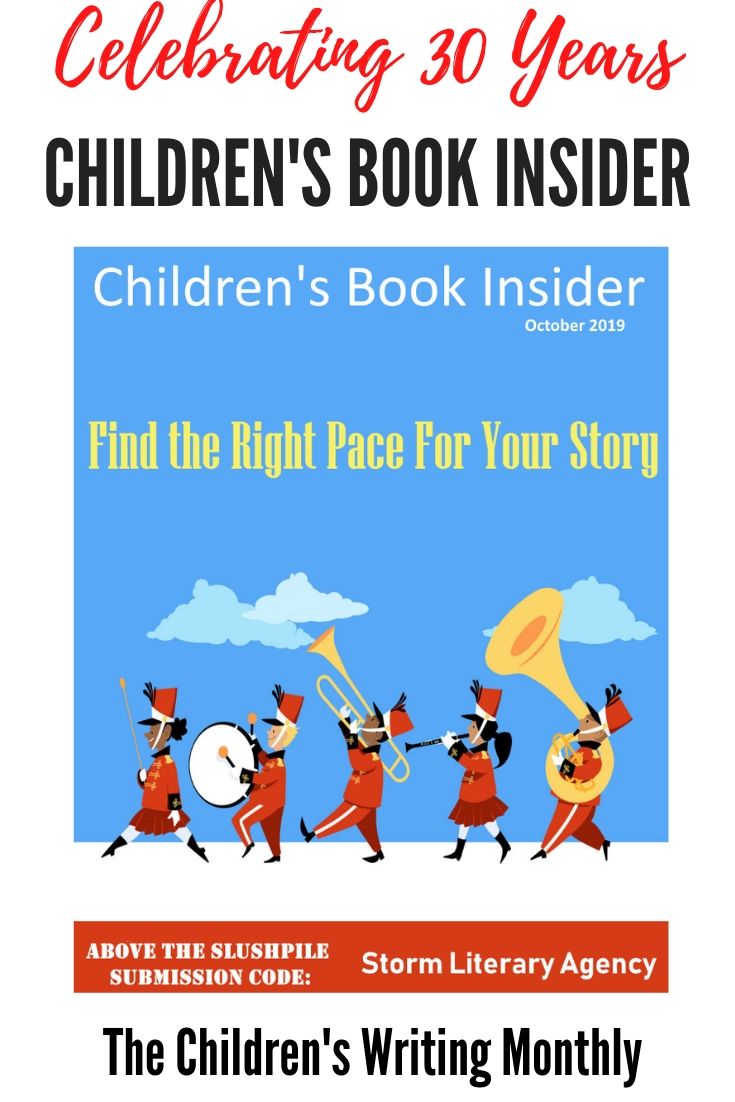
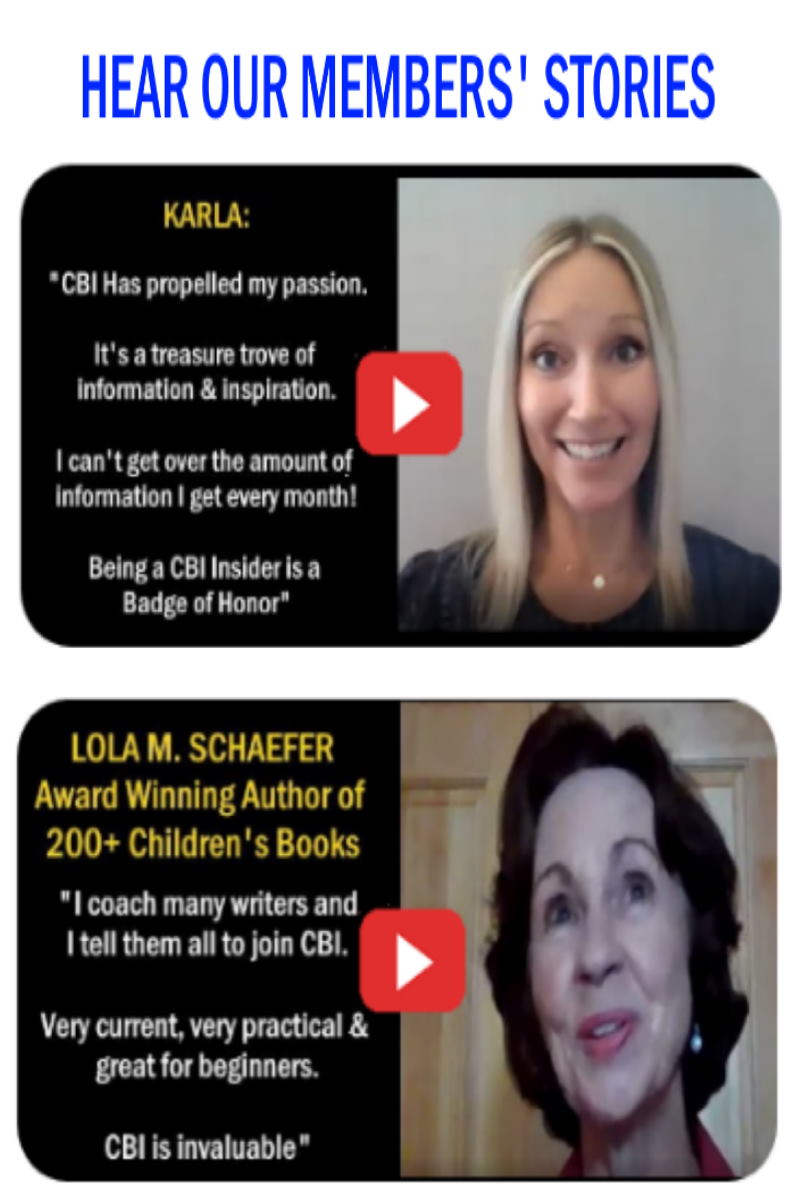
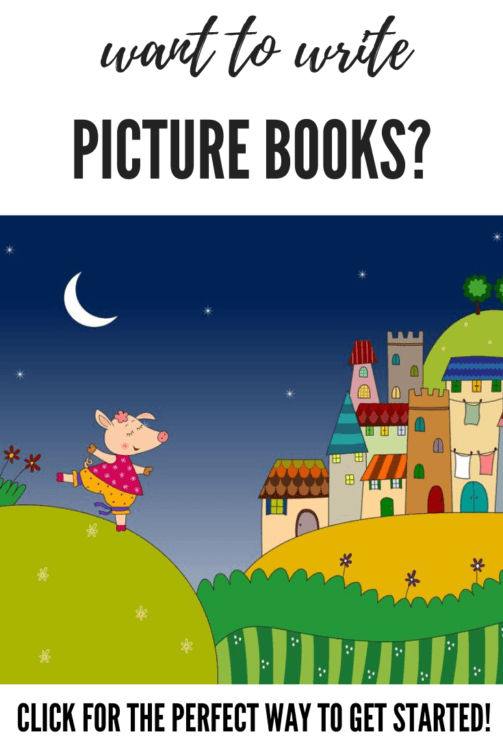


Thank you very much for inviting me to post my opinion about LGBTQ YA literature. I am very interested to hear the opinions of others after they have read my post. I hope you will comment!
An intriguing discussion is worth comment. I think that you ought to write more about this subject, it might not be a taboo subject but usually folks don’t talk about such
subjects. To the next! Best wishes!!
Oo thanks For share this kind of article about LGBTQ. its is really helpful to make a mind about this kind of works